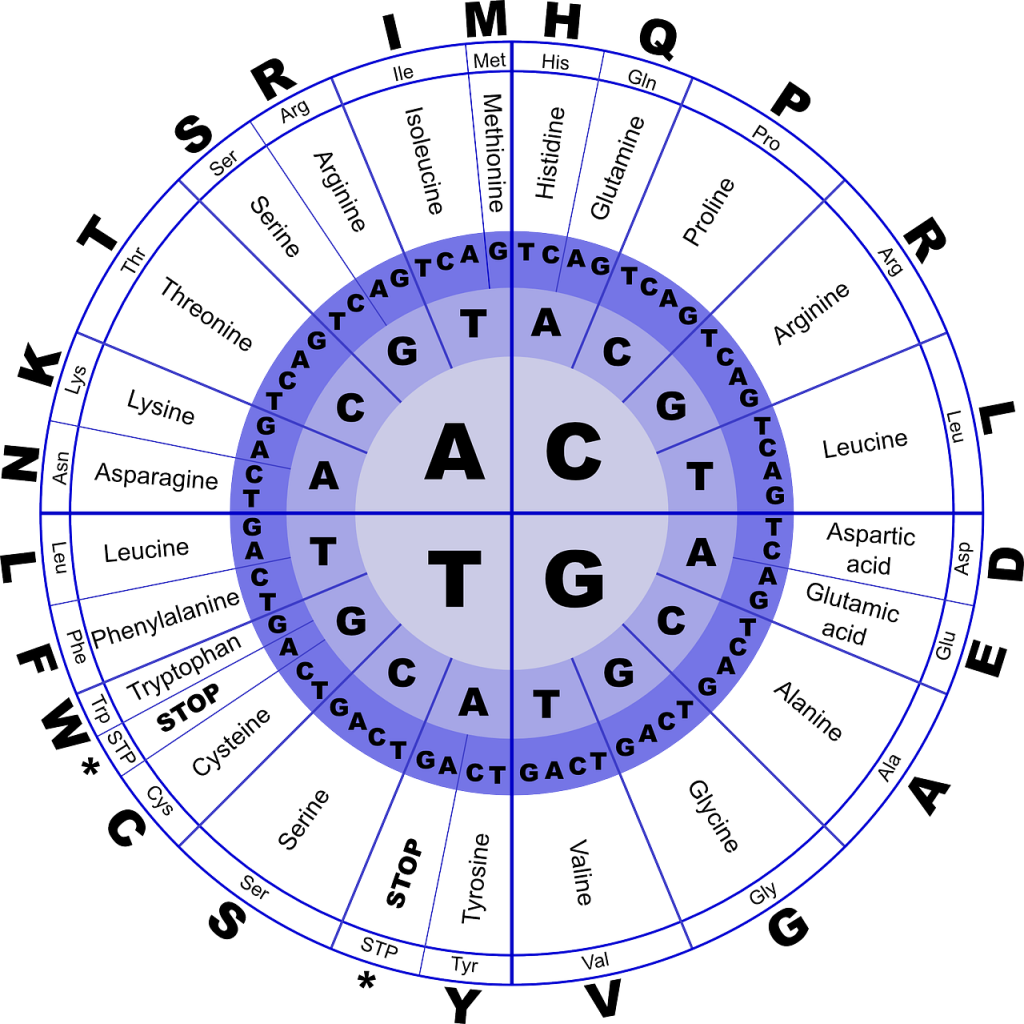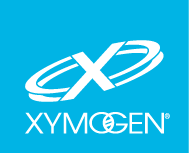Peptide Therapy to Slow Aging & Gain Muscle

Want to Learn Functional Medicine? Check Out Our 100% Online Functional Med School or Book a Call with Us to Learn More!
Ready To Know More?
FREE 30-min Practice Analysis Call for Clinicians
Peptide Therapy: This can help you gain more muscle and age more gracefully!
We frequently hear in our practice people saying, “well this is just happening because I am getting older”. Age does change things in the body, however, we can still age with healthy hormones, fantastic energy and the absence of pain. The more proactive we are with giving our body what it needs to age gracefully, the more our body will thank us for years to come.
Peptides are a new and exciting therapy with many health benefits. In this article, we discuss what is peptide therapy, which peptides may be beneficial for exercise and should you try it yourself. The two key peptides we will cover are growth hormone releasing hormone and growth hormone releasing peptide.
** Please note: If you want the longer, more detailed version of this article, then please click here **
First, we answer some important questions:
What are Peptides?
Peptides are short chains of amino acids found in food. Peptides are 2-50 amino acids long (Zealand Pharma, 2020).
Peptides have antihypertensive, anti-inflammatory, antidiabetic, antimicrobial, antithrombotic, immunomodulatory, opioid and antioxidant properties (Chakrabarti S, 2014) and (Chakrabarti S, 2018). They can help to grow muscle, burn body fat, improve muscle recovery, reduce inflammation and slow aging. Peptides can act as hormones, carrying messages and information to different parts of the body.
Where can you get Peptides Naturally?
As peptides are amino acids chains, they are primarily in found protein or animal-products foods. This includes meat, fish, eggs, dairy products and vegetarian sources such as beans, lentils, soy, oats and seeds. We need to eat a broad range of amino acids in order to form endogenous peptides for optimal health.
What is Peptide Therapy?
Peptide therapy is the use of peptides to instruct cells to perform a specific function, based on which peptide is being used. The body naturally produces different types of peptides. These peptides can be used to activate or trigger a specific function within the body. Some peptides assist with weight loss by stimulating the breakdown of visceral fat. They may be used to reduce inflammation. Peptide therapy can be used to enhance athletic performance. They can help with sarcopenia, or age-related muscle loss. They stimulate the release of growth hormone which can help with increased muscle mass, fat loss, improved athletic performance and other benefits.
What are Examples of Peptides that you may have heard of?
- Collagen
- Endorphins
- Creatine
Peptides for Exercise
Peptides can be used to enhance exercise and sports performance. Different peptides will do different things, such as burn fat, increase endurance or build muscle mass.
Human Growth Hormone (HGH) is a hormone that promotes growth and is necessary for growth from childhood into adulthood. HGH levels are high in children and then decrease with age, so adults have much less naturally-produced HGH (USADA, 2019). It indirectly helps to maintain, build and repair healthy tissue in the brain and other organs (USADA, 2019).
In professional sports, HGH is banned by the World Anti-Doping Agency as a performance-enhancing agent (Holt RG, 2019). In recreational athletes, it has been found that HGH selectively improves sprint capacity but has not been proven to significantly enhance muscle strength, power, or maximum rate of oxygen consumption (Holt RG, 2019) and (Heuberger JAA, 2018). Studies have shown no strong effects of HGH on muscle strength or endurance performance (Heuberger JAA, 2018).
Despite the lack of strong results in exercise performance, increasing HGH can still have overall health benefits that are worth pursuing.
Peptides are sometimes used to increase HGH and generally fall into two groups:
- Growth hormone releasing hormones (GHRH)
- Growth hormone releasing peptides (GHRP)
Both GHRH and GHRP can increase HGH, especially under strenuous exercise conditions (Maas HCM, 2000). This is why they have been looked at for improving sports performance. However, both GHRH and GHRP are banned by the World Anti-Doping Agency (Knoop A, 2016) and (Thomas A, 2010), as is taking HGH (USADA, 2019).
Growth hormone releasing hormones or GHRH
GHRH is a peptide hormone produced in the brain. It stimulates the production and release of HGH. It has various functions and can be beneficial to health.
A 3-month trial of GHRH in postmenopausal women increased physical performance and improved body composition (Veldhuis JD, 2005). GHRH boosted HGH production, reduced abdominal visceral fat (which is the unhealthy belly fat) and improved certain measures of physical performance (Veldhuis JD, 2005).
Growth hormone releasing peptides or GHRP
GHRPs are peptides that stimulate higher levels of HGH naturally (Berlanga-Acosta J, 2017). GHRPs increase antioxidant defenses, reduce inflammation and are cardioprotective (Berlanga-Acosta J, 2017). They are cytoprotective in cardiac, neuronal, gastrointestinal, and hepatic cells, providing protection in various organs (Berlanga-Acosta J, 2017).
Growth hormone-releasing peptides have been found to improve body composition while improving fat gain and muscular atrophy (Sinha D, 2020). Because they have strong HGH-releasing activities, GHRPs are used to enhance athletic performance (Maréchal L, 2018).
Peptide side effects
Reported side effects from GHRH and GHRP include irritation at the injection site, as they are administered via injection. Up to 30% of patients experience side effects that include fluid retention and bloating, joint and muscle pain, carpal tunnel syndrome and high blood sugar levels (Harvard Medical School, 2018). Some research suggests an increased risk of cancer in general, and prostate cancer in particular, due to stimulating HGH, which makes everything grow (Harvard Medical School, 2018).
Should you take Peptides?
Rather than taking HGH, or peptides such as GHRH or GHRPs, we recommend increasing your HGH production naturally. For exercise performance, longevity and quality of life into later years, learning how to boost HGH is important. This can be done through a combination of diet and exercise. Developing new habits to increase HGH now can reduce the risk of chronic disease, enhance energy and enjoyment of life and slow the aging process (Harvard Medical School, 2018). Find out how in our next blog….
** Please stay tuned for next week’s blog on Slowing Ageing by
Increasing your HGH Levels Naturally **
Want to learn functional medicine? We have an online training course and train doctors and clinicians all over the world. Learn more about our functional medicine school HERE.
If you are a clinician and have questions about our program, please click the button on he left below to book a call with him. If you are looking for help with your health, please visit our clinic site below.
Dr. Miles Nichols and Dr. Diane Mueller have spoken for the following organizations:







Responses